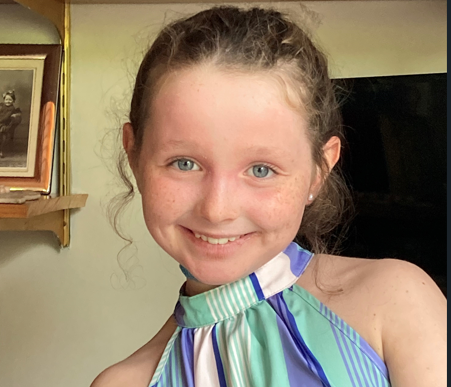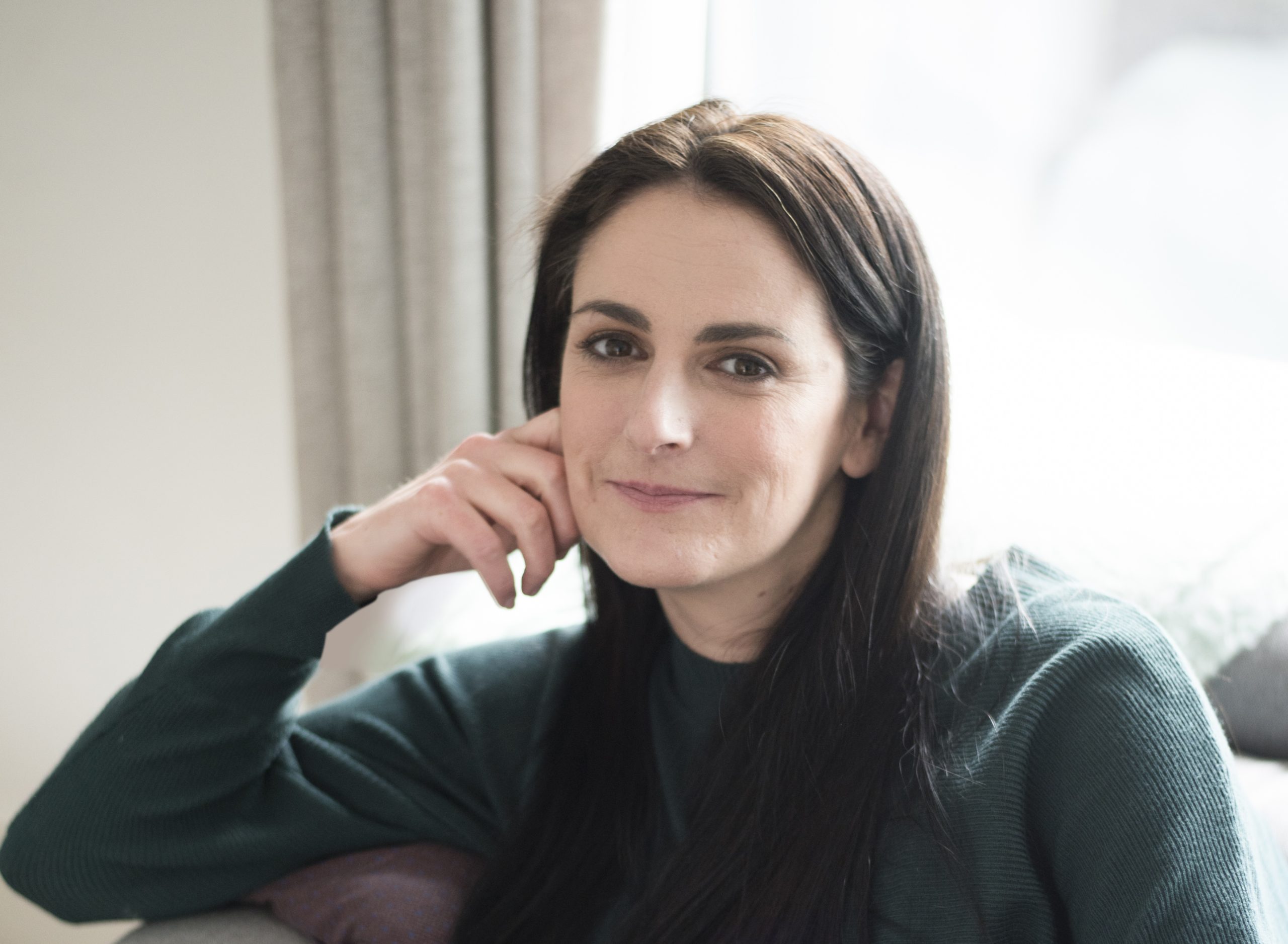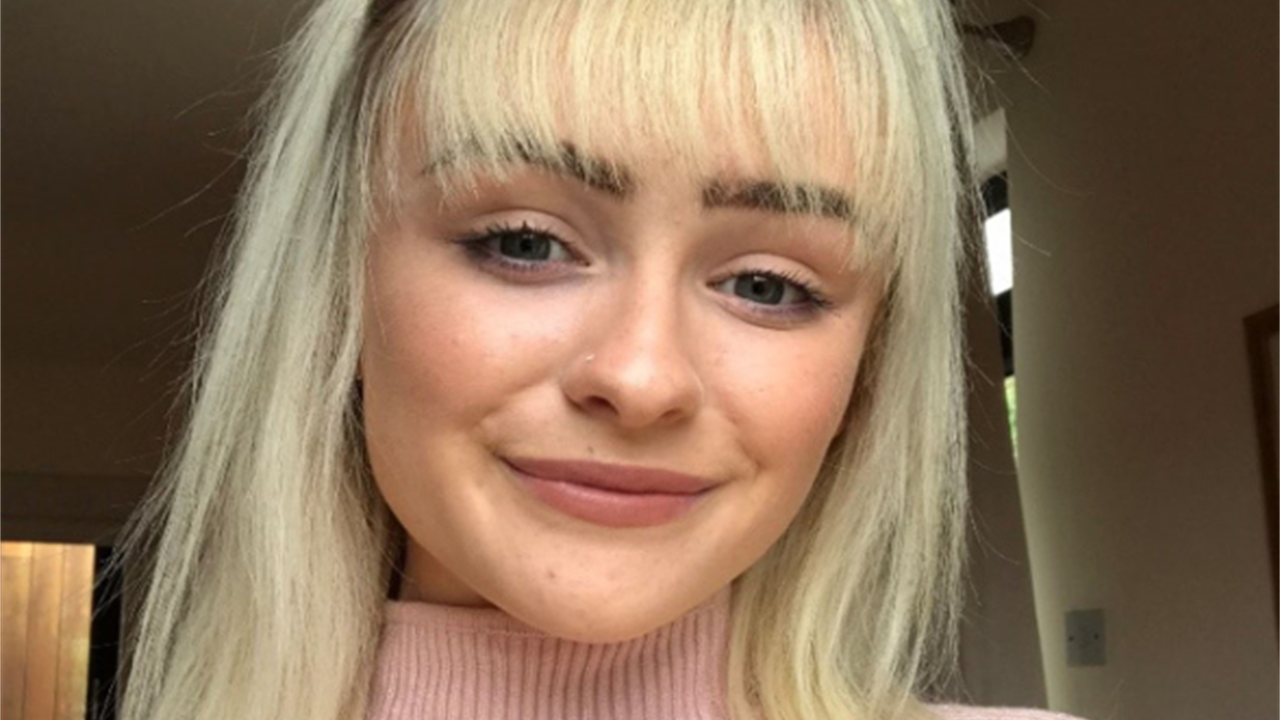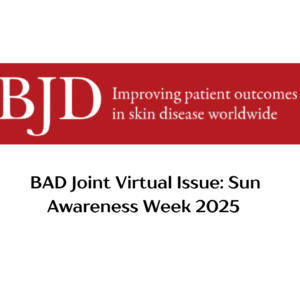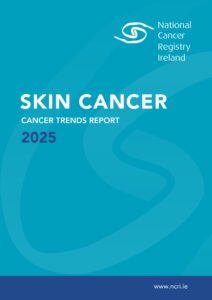I have been living with a skin condition known as hidradenitis suppurativa (HS) for over twenty-five years.
HS is a chronic skin condition whose symptoms are painful and often foul-smelling boils, cysts or abscesses. These cysts can persist for a long time and can progress to form wounds that are difficult to heal. Significant scars can subsequently form on the skin.
The exact causes of HS remain unknown. HS occurs most commonly in parts of the body containing sweat glands such as the armpits, buttocks, groin, inner thighs and under the breasts in women. HS is not contagious and is more common in females than in males. There appears to be a hereditary aspect to the condition as it can run in families.
Upon doing my own research about HS, I was devastated to learn that there was no cure for HS and that it can potentially last a lifetime. I recall feeling very alone and isolated by the diagnosis of HS.
I turned forty at the beginning of 2014, but my HS journey began when I was 12/13 years of age. I had painful, tender, pus- and blood-producing lumps in the backside area. These lumps formed weeping wounds that wouldn’t heal. At the time I thought this was part of the normal ‘change’ that teenage bodies go through, and was too embarrassed to seek help for a long time.
I eventually went to the family GP who put me on a course of antibiotics, which didn’t really help. I was also referred to a general surgeon for surgery and so began a cycle of trying various kinds of antibiotics and surgical procedures, a cycle that lasted for many years. The surgeries did partly help though: generally I would get 1-2 years of relief but the HS always returned. The condition later appeared in both of my armpits.
In 2009/2010 I reached my lowest point as the painful, weeping wounds had also appeared on the groin and inner thigh areas. Doing simple, everyday things that many people might take for granted became quite problematic.
Things like getting up and out of bed, dressing and bathing myself and moving about the house, all became difficult, time-consuming and painful things to do.
Negotiating a set of stairs could be hell and used to fill me with dread. The condition was so painful that walking even just a few steps became intolerable at times. I was unable to do most kinds of physical activity and couldn’t work for a long time. I consequently became depressed. I had reached a stage where the condition dominated my life.
Around this time I was referred to a plastic surgeon and to a dermatologist and they have managed to make a profound difference to my quality-of-life. I have since had extensive surgery, and have been regularly taking immunosuppressive drugs and these have helped enormously. In addition I have made some lifestyle changes (I quit smoking, lost some weight, became more careful about diet and started taking regular exercise).
From being unable to walk just a few years ago, I can and do walk miles everyday and even manage to go swimming regularly, which is something that was I was unable to do for many years because of the HS.
Through the internet and social media, I have been able to establish contact with other HS sufferers in Ireland and abroad and no longer feel so alone and isolated. Now, for the first time in a long time, I feel I am getting back some sort of control in my life.
Additional Information:
Web resources:
- Visit our Hidradenitis Suppurativa section for more infomation
- The Hidradenitis Suppurativa Trust, is a UK Registered Charity dedicated to the raising of awareness, understanding and support for the chronic, debilitating skin disorder Hidradenitis Suppurativa (HS).
- The Hidradenitis Suppurativa Foundation, a USA-based nonprofit public benefit corporation dedicated to improving the quality of life and quality of care for individuals and families affected by Hidradenitis Suppurativa.
- If you would like to get in touch with the private Facebook HS Support Group, where you can talk to other people with HS, contact Barry at hsireland@outlook.com or follow on Twitter @hsireland1.
For more information about HS, visit our main HS page. If you need help or guidance about managing your HS, ask our dermatology nurse.

